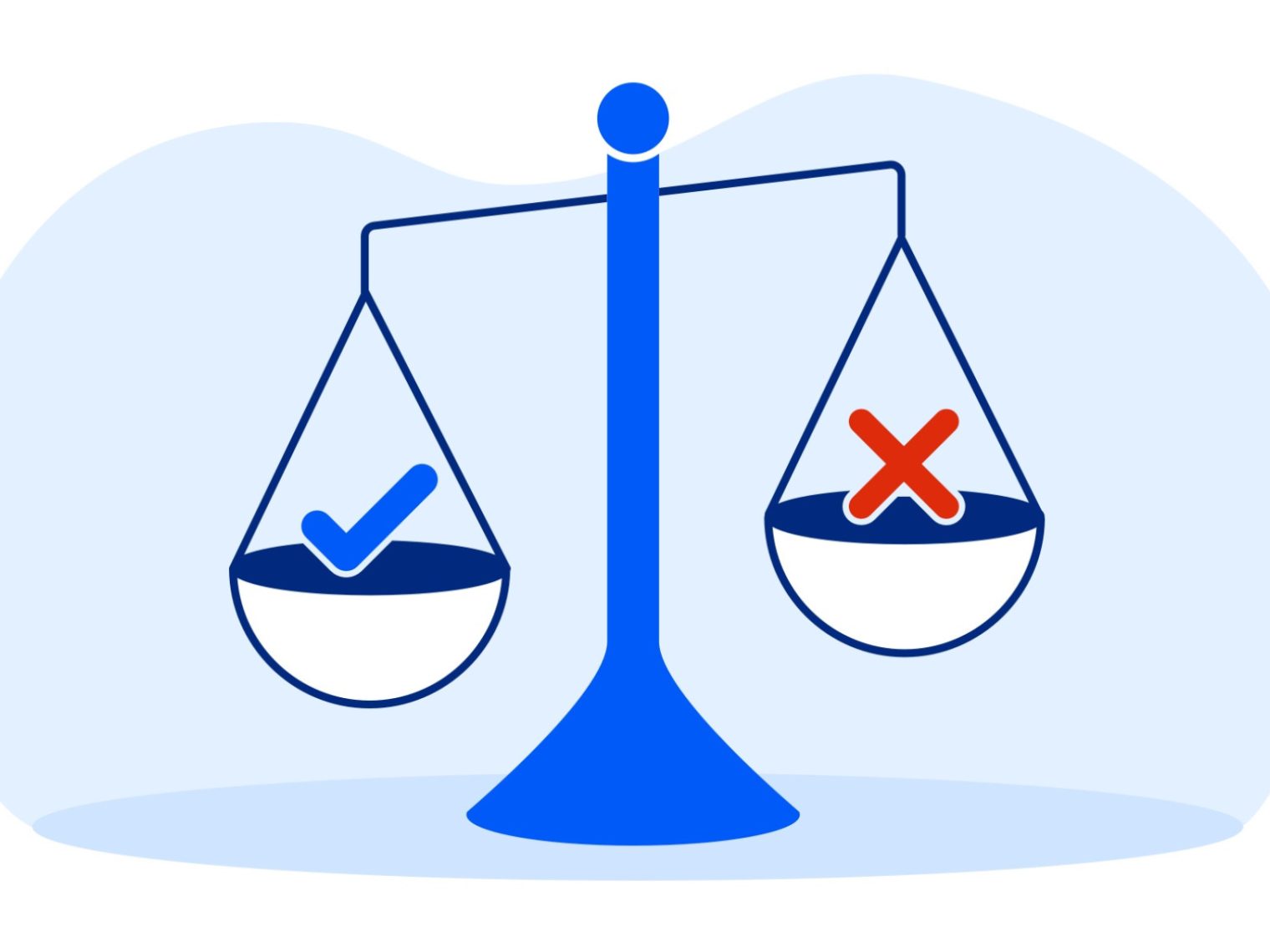Each year, most VA loans are made to veterans. However, active duty service members and those still serving in the National Guard and Reserves can absolutely look to use their VA home loan benefits.
In some respects, being on active duty can make things easier from an income and employment perspective. Generally, as long as you’re not ETSing within a year of your loan closing, lenders can get a quick and easy look at your income and your employment stability. That isn’t always the case for veterans working in the civilian world.
Active duty and Reservist borrowers can also benefit by having things like BAH and other military allowances count as effective income toward getting a mortgage.
Verifying Income for Active Duty
Active duty service members can provide a recent Leave and Earnings Statement (LES) as a record of employment and income. Lenders will often need the LES to be dated no more than 120 days prior to the mortgage.
In addition to their regular military pay, active duty service members may be able to count other income types toward mortgage qualification. Using BAH income for a mortgage is among the most common and well-known.
If your enlistment ends within 12 months of your loan closing, you’ll need to show a lender that you’ll continue to have a stable, reliable income. Most likely, these borrowers will need to provide an offer of civilian employment, evidence of re-enlistment or other proof of their ability to afford the mortgage.
Let’s take a look at a few other types of military income that might be able to help you buy a home.
Subsistence and Clothing Allowances
Allowances for subsistence and clothing appear on the Leave and Earnings Statement and can be considered as effective income toward a mortgage.
These two allowances are not taxable, meaning that lenders may “gross-up” this income to calculate your debt-to-income ratio.
There’s a host of other potential allowances service members may receive. Unlike the subsistence and clothing allowances, these income sources are considered taxable.
Other Military Allowances for Effective Income
Would-be VA homebuyers may be able to count the following as effective income:
- Flight pay
- Submarine pay
- Hazard pay
- Career Sea pay
- Career Flyer pay
- Imminent Danger pay
- Overseas pay
- And more
Just receiving this pay isn’t enough. To count it as effective income, lenders will want to see that these allowances are likely to continue. For example, they’ll seek to verify a pilot will continue receiving flight pay given the nature of his or her duties.
If lenders aren’t satisfied that the allowance(s) are stable, borrowers may use the income to offset debts. Policies and guidelines can vary by lender.
Separation Benefits and Incentives
Prospective borrowers may be able to count Voluntary Separation Incentive income toward mortgage qualification. This income is taxable in the year received.
Veterans United currently considers a one-time lump sum from Special Separation Benefit as a substantial cash reserve.
Reserve and National Guard Income
Lenders can consider Reserve and National Guard income toward mortgage qualification if they feel it’s stable and likely to continue.
They’ll often look at a borrower’s total active and Reserve or Guard service history when deciding.
If we cannot count this as effective income, Veterans United currently allows borrowers to use this income to offset debts that have a 10 to 24 month duration.
Related Posts
-
 VA Renovation Loans for Home ImprovementVA rehab and renovation loans are the VA's answer to an aging housing market in the United States. Here we dive into this unique loan type and the potential downsides accompanying them.
VA Renovation Loans for Home ImprovementVA rehab and renovation loans are the VA's answer to an aging housing market in the United States. Here we dive into this unique loan type and the potential downsides accompanying them. -
 Pros and Cons of VA LoansAs with any mortgage option, VA loans have pros and cons that you should be aware of before making a final decision. So let's take a closer look.
Pros and Cons of VA LoansAs with any mortgage option, VA loans have pros and cons that you should be aware of before making a final decision. So let's take a closer look.

